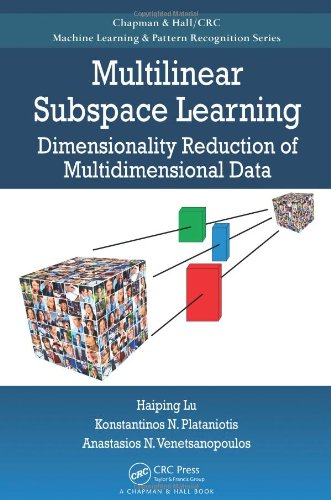

Most ebook files are in PDF format, so you can easily read them using various software such as Foxit Reader or directly on the Google Chrome browser.
Some ebook files are released by publishers in other formats such as .awz, .mobi, .epub, .fb2, etc. You may need to install specific software to read these formats on mobile/PC, such as Calibre.
Please read the tutorial at this link. https://ebooknice.com/page/post?id=faq
We offer FREE conversion to the popular formats you request; however, this may take some time. Therefore, right after payment, please email us, and we will try to provide the service as quickly as possible.
For some exceptional file formats or broken links (if any), please refrain from opening any disputes. Instead, email us first, and we will try to assist within a maximum of 6 hours.
EbookNice Team

Status:
Available0.0
0 reviewsDue to advances in sensor, storage, and networking technologies, data is being generated on a daily basis at an ever-increasing pace in a wide range of applications, including cloud computing, mobile Internet, and medical imaging. This large multidimensional data requires more efficient dimensionality reduction schemes than the traditional techniques. Addressing this need, multilinear subspace learning (MSL) reduces the dimensionality of big data directly from its natural multidimensional representation, a tensor.
Multilinear Subspace Learning: Dimensionality Reduction of Multidimensional Data gives a comprehensive introduction to both theoretical and practical aspects of MSL for the dimensionality reduction of multidimensional data based on tensors. It covers the fundamentals, algorithms, and applications of MSL.
Emphasizing essential concepts and system-level perspectives, the authors provide a foundation for solving many of today’s most interesting and challenging problems in big multidimensional data processing. They trace the history of MSL, detail recent advances, and explore future developments and emerging applications.
The book follows a unifying MSL framework formulation to systematically derive representative MSL algorithms. It describes various applications of the algorithms, along with their pseudocode. Implementation tips help practitioners in further development, evaluation, and application. The book also provides researchers with useful theoretical information on big multidimensional data in machine learning and pattern recognition. MATLAB® source code, data, and other materials are available at www.comp.hkbu.edu.hk/~haiping/MSL.html